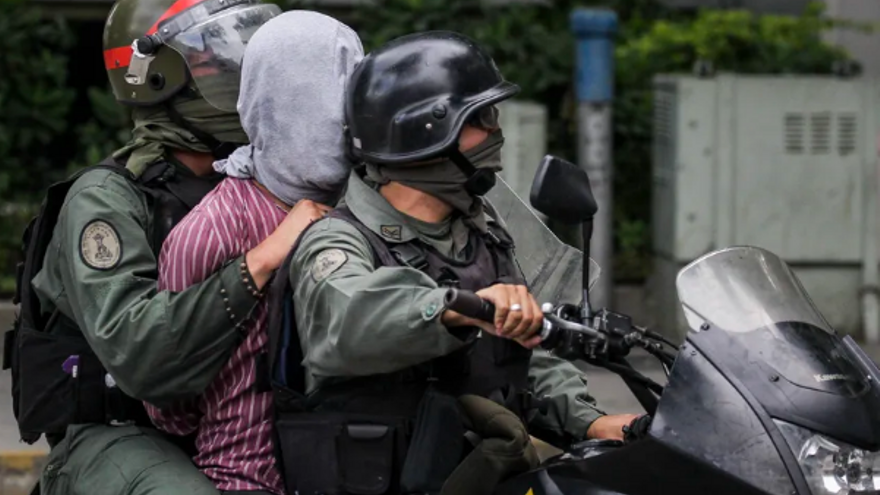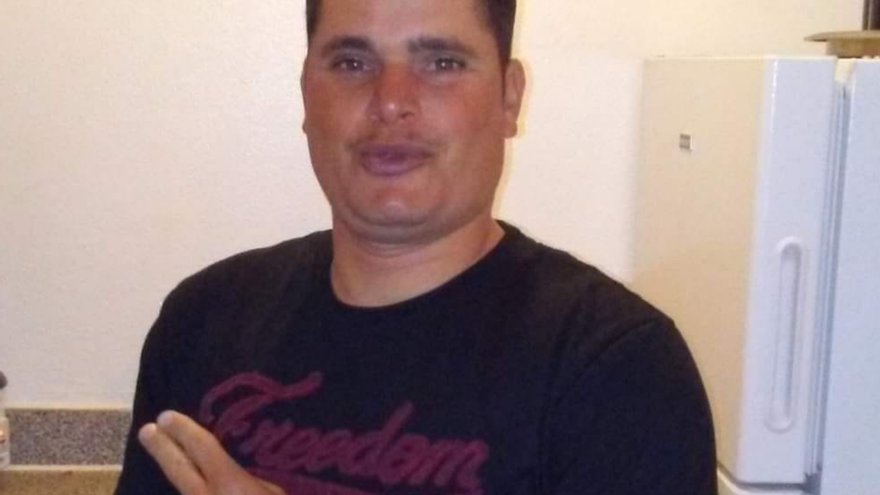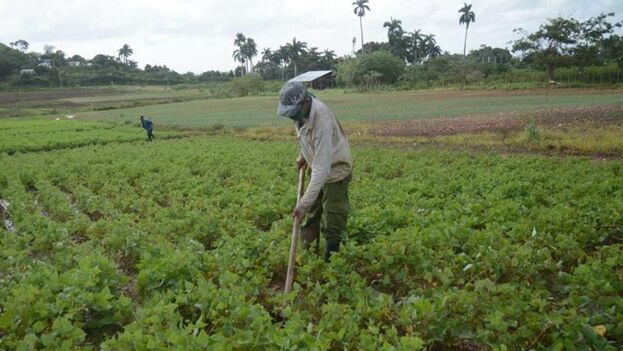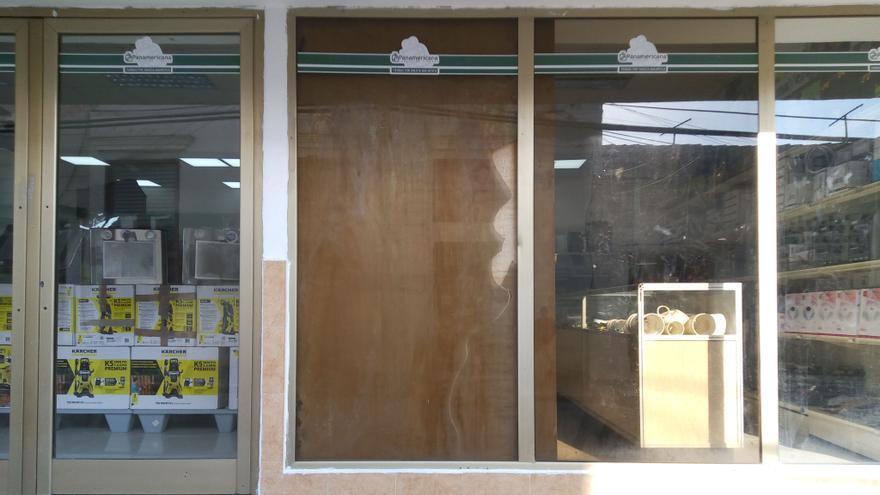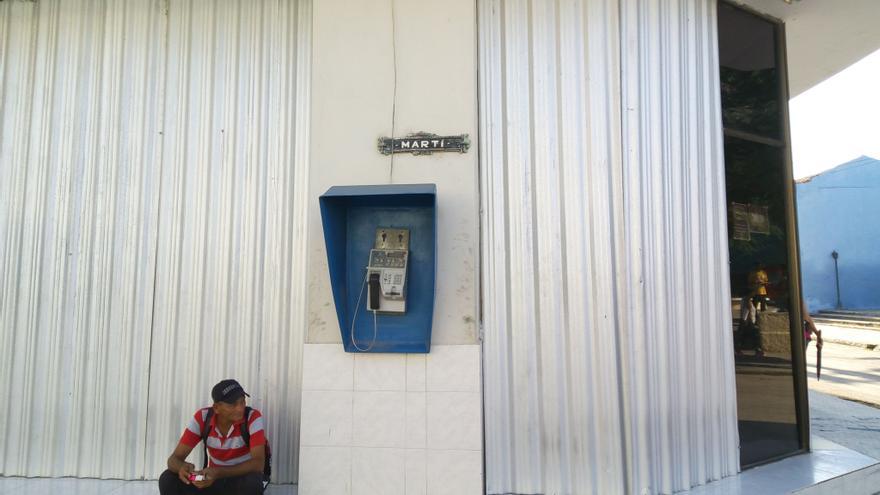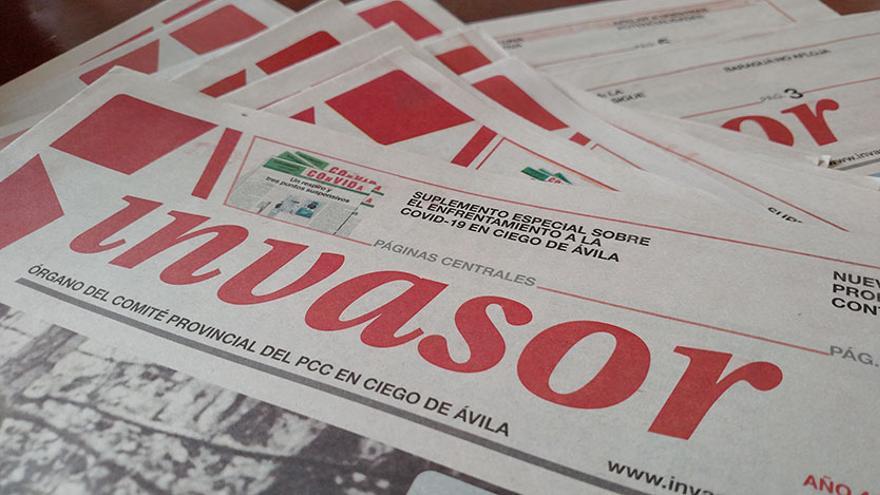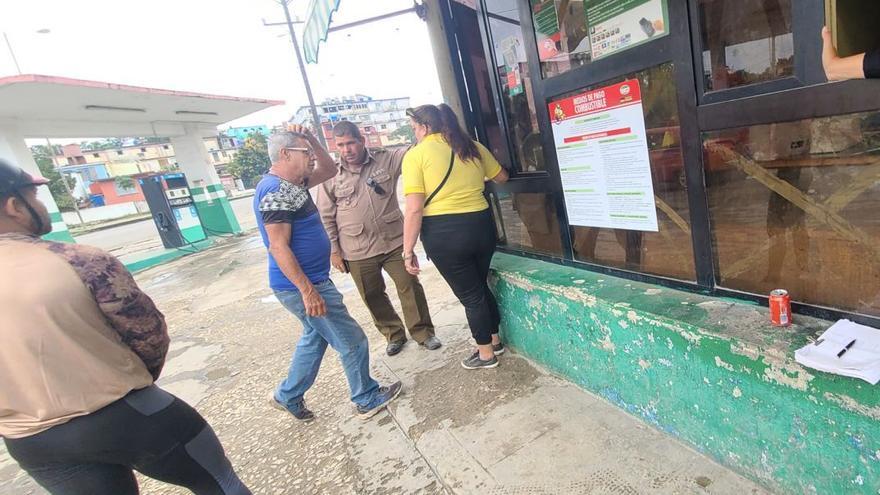
![]() 14ymedio, Havana, 20 January 2024 — “They are observing,” was the suspicious comment of Esther, who uses Telegram to take charge of organizing the line to buy fuel in the Havana municipality of Guanabacoa, after this newspaper denounced the multiple irregularities of the process. Since then, the “boss” of the gas stations has launched a crusade against the “doubles” – people registered several times on her customer list – and has strengthened her authority claiming, once again, that she is a “public servant.”
14ymedio, Havana, 20 January 2024 — “They are observing,” was the suspicious comment of Esther, who uses Telegram to take charge of organizing the line to buy fuel in the Havana municipality of Guanabacoa, after this newspaper denounced the multiple irregularities of the process. Since then, the “boss” of the gas stations has launched a crusade against the “doubles” – people registered several times on her customer list – and has strengthened her authority claiming, once again, that she is a “public servant.”
The Guanabacoa scandal has not gone unnoticed by the official press. Without daring to fully enter the subject, Cubadebate mentioned in passing this Saturday the “organized mafias” of the gas stations. “If you don’t pay extra, you won’t advance in the line,” it said, so buying fuel has become “a disaster.” The regime does not like the fact “that they have eliminated the application of tickets” and offers readers an email to inform on “everyone who causes trouble.”
Esther limited herself to sharing a screenshot of the posts in the two Telegram groups she manages – corresponding to the gas stations of Corral Falso and Los Paraguas – but, contrary to her custom, she did not say a single word about it. She was more loquacious about the 14ymedio report: “In addition to indiscipline and so on (in the line), there is subversion,” she wrote, at the bottom of a photo. continue reading
Esther’s last name, profession or age is not known (although she alleges that her “mission” in Guanabacoa is “pulling out the gray hairs of the 60s”
Esther’s last name, profession or age is not known (although she alleges that her “mission” in Guanabacoa is “pulling out the gray hairs of the 60s”). She manages the registry with an iron hand and says she is in the middle of a scrutiny to purge “the doubles.”
Quite right too. With Esther’s own Excel lists, 14ymedio could see that on the Los Paraguas register, with 3,688 customers, 114 were repeated up to four times and 77 had no license plate. In the case of Corral Falso, there were 2,855 names, 168 that were repeated up to four times and 40 without a plate. About 1,003 customers were registered on both lists.
“Don’t get angry,” Esther says every morning, before publishing the “disqualified” vehicles. “And there’s a bunch,” she warns. She runs a group – three women at each gas station – and gives them orders: “Claudia, take a good look at the doubles that I keep editing. Strike them out on the document” or, “Yanet, to change the plate in the registry, [the customer] must prove that he is the owner of the car.”
This is how the work day takes place in Corral Falso and Los Paraguas, between attention calls from Esther and monotonous lists that often confuse customers. This “absent-mindedness” is what bothers her the most, and she doesn’t skimp on criticism: “The worst problem we have is that we don’t read carefully. Be disciplined and follow orders.”
“There is no shortage of fuel; what exists is indiscipline, unscrupulous Cubans wanting to make easy money”
“There is no shortage of fuel; what exists is indiscipline, unscrupulous Cubans wanting to make easy money, taking advantage of shifts, selling their turns,” she says, arguing that she’s there to avoid those situations. “Before the decision was made to organize the lines by the highest authorities of the territory, there were multiple complaints about selling turns, fuel hoarding and the endless lines that didn’t move,” she argues.
Missing the line when they’re called – it doesn’t matter if it’s early in the morning – is exclusively the customer’s problem. If someone summoned in the “cold of night” doesn’t arrive, Esther takes it as a personal affront to the “young women” in charge of the gas station. “I explained that discipline brought us success. It’s very nice to sleep, be warm and have fuel. But if you stay home when your turn comes, you won’t get the fuel.”
Esther does not understand offenses – even if they are images or GIFs, common on Telegram – and if a client is not up to the laws of behavior that she has imposed, she eliminates him. A certain Sandy, expelled this Friday, knows it well: “Sandy is eliminated from the group because of his rudeness,” she reported. “He’s very late and [there are] women working from nine in the morning and they shouldn’t have to put up with his behavior. He’s gone from the group. It was a pleasure to serve him.”
Esther does not understand offenses, and if a client does not live up to the laws of behavior she has imposed, she eliminates him
Confessions aren’t lacking: “I have a lot to take care of. I have answered, I have helped and I had to leave,” or a paraphrased quote from Don Quixote: “Ladran, Sancho, show that we are moving forward.” But the end of the line barely advances, and Esther herself complains.
After an announcement to register new customers – it is not known when – on her list, Esther launched into a “reflection” on the factors that threaten her work: the frequent “broken tanks” of the gas station, the “customers who jump ahead in line”, the “slowness” of Cupet (Cuba Petroleum Union) to distribute the fuel, the internet failures and the well-known “doubles,” who multiply.
Esther will be there for a while – according to her – because no matter what the press says, her work, she alleges, is indispensable, no matter how severe her character may seem. “Remember to keep your cell phone close by,” is her usual farewell to customers. “You and I are united day and night.”
Translated by Regina Anavy
____________
COLLABORATE WITH OUR WORK: The 14ymedio team is committed to practicing serious journalism that reflects Cuba’s reality in all its depth. Thank you for joining us on this long journey. We invite you to continue supporting us by becoming a member of 14ymedio now. Together we can continue transforming journalism in Cuba.



